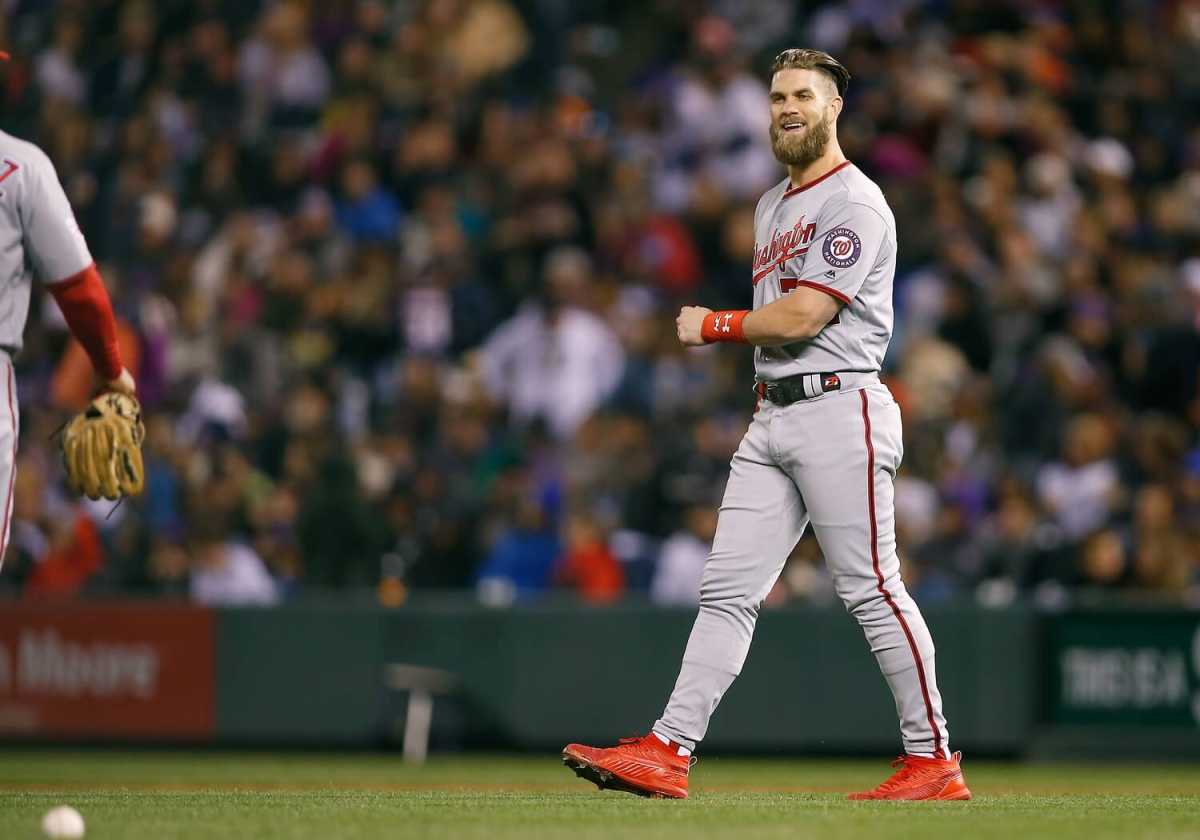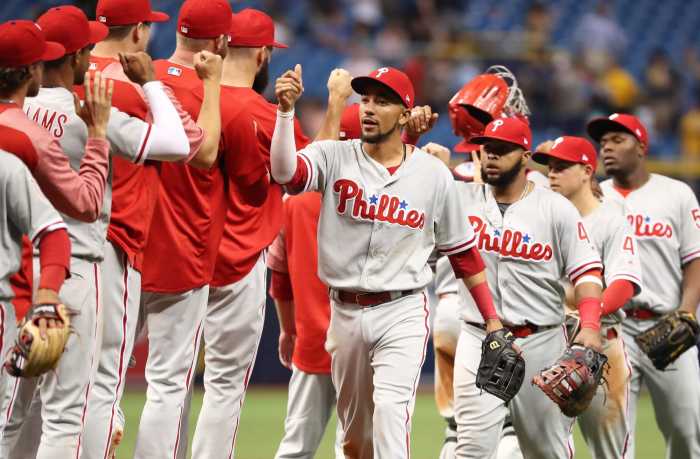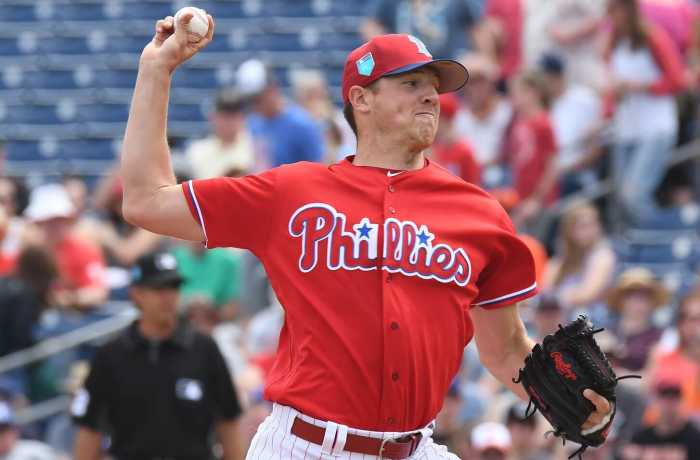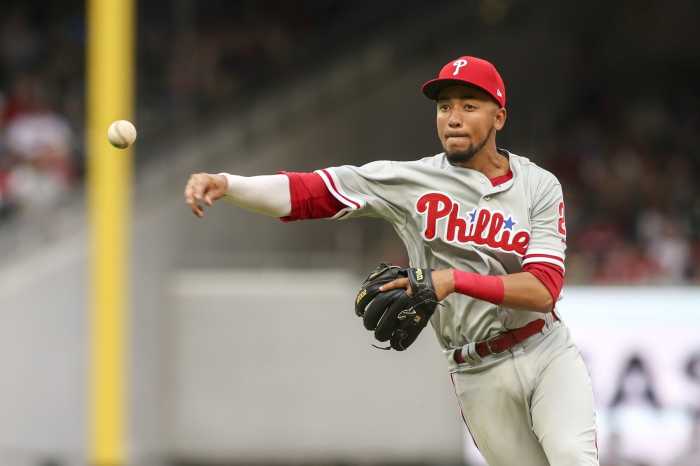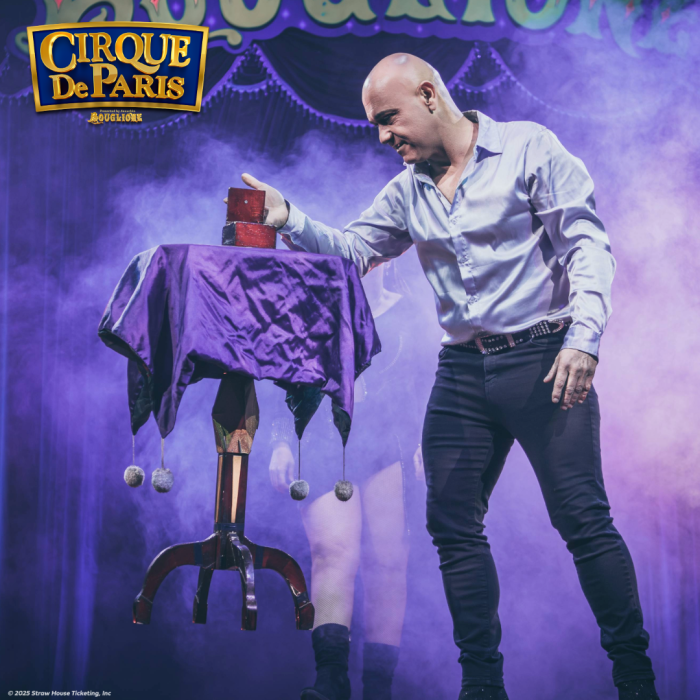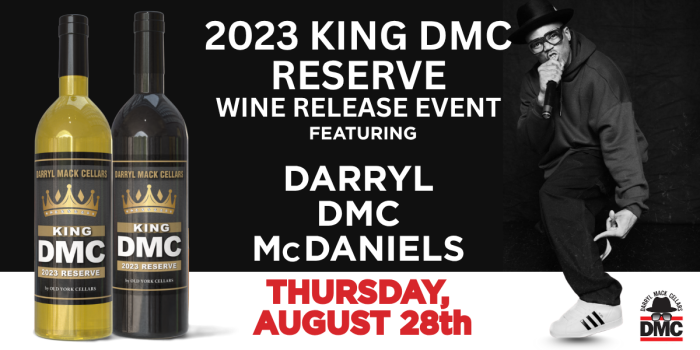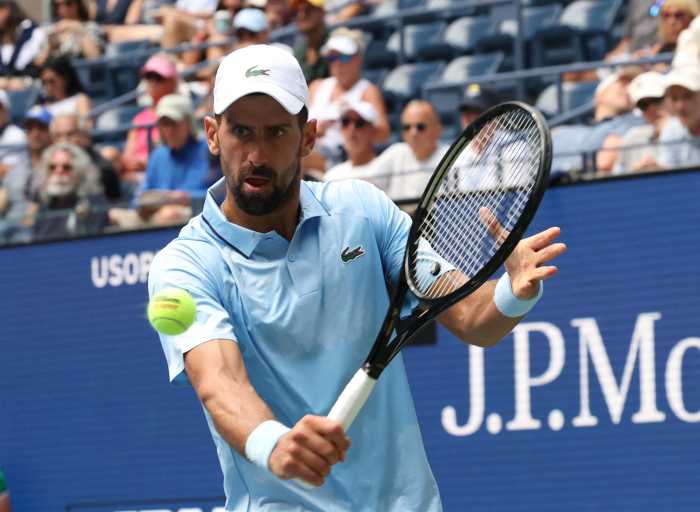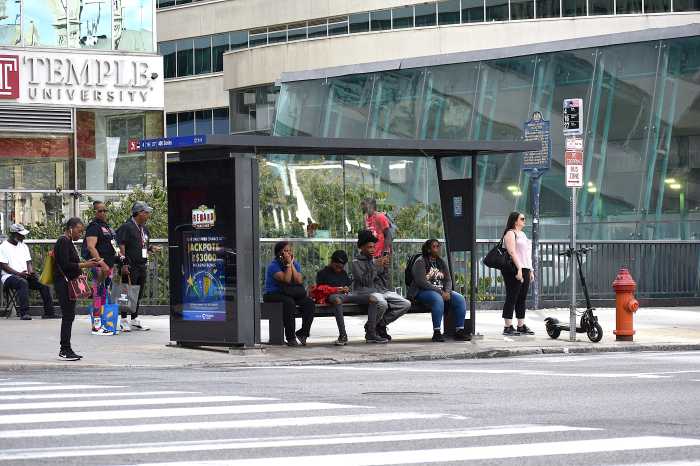If Bob Nightengale is right, Bryce Harper will be a member of the Phillies by the time the 2019 season rolls around. In early November, the writer for USA Today reported that “you could bank on” Harper signing a monster contract with a team, then doubled down a week later saying that, “[he] would be stunned” if Harper was elsewhere next season.
The idea of Harper in red pinstripes has ignited baseball talk in this city, one that hasn’t seen the playoffs since 2011. Adding Harper would not only improve the lineup, but it would also give star power to a team that hasn’t had any since the decline of the previous core of Ryan Howard, Chase Utley, and Jimmy Rollins. It would bring hope and fans to a team that hasn’t had much of either this decade and undoubtedly improve several revenue streams for the team, specifically merchandise and tickets.
No matter where Bryce Harper goes, he is going to get the richest contract in MLB history. It will be worth at least $350 million, and no one would be surprised if it goes a hundred million dollars higher. Fans and analyst have accepted the idea that Harper will get this money, which would imply he is a generational talent worthy of a contract of this size. This is misguided, however; the truth is that not only is Harper not a player worth the money, but the Phillies are putting themselves in a bad position in signing him.
There is no denying that Bryce Harper is an extremely talented hitter. The 26-year old had his best year in 2015. He hit .330 with 42 home runs, 124 walks and had an OPS+ of 198 (league average is 100). Harper wasn’t as impressive his other six seasons, but his career totals thus far include a .279 average, 184 home runs, a .388 OBP, and a .900 OPS. Harper, who was hyped up coming out of high school, went from number one overall pick to the major leagues in under two years. Since then, though, Harper has not established himself as a generational player. It is silly to think that just three years ago, we were debating between Harper and Trout as the best players in the majors. Not only has Trout largely overtaken Harper in just about every metric, but Harper has failed to stand out among other stars such as Nolan Arenado, Mookie Betts, and Paul Goldschmidt. Harper is a very good player, but giving him a contract of such magnitude makes no sense when contention is not assured; paying Harper will put the Phillies at risk for long-term consequences.
During this offseason, people have ignored the Phillies lack of a solid core on which to build. Beyond Aaron Nola, Rhys Hoskins, and Seranthony Dominguez, no one on the current roster has proven himself to be a contributing part of the team’s future. While an 80-win season in 2018 implies they are a team on the rise, the -51 run differential and 23-18 record show that they played over their own heads. It is very rare for a team with a non-established core to build a contending team in one offseason; a recent example that comes to mind is the Padres offseason prior to 2015, in which they acquired Justin Upton, Craig Kimbrel, Matt Kemp, and Wil Myers, among others. The Padres, who had gone 77-85 the season before, flopped after “winning the offseason” and went 74-88, forcing another rebuild to start the following season. While none of these players are quite as talented as Harper, they all cost the Padres plenty of resources and it was an offseason that they are still trying to come back from. And in the specific case of Harper, there is evidence that locking up a great player can hurt a team far more than it helps.
In November of 2014, the Miami Marlins gave Giancarlo Stanton a 13-year, $325 million contract extension. At the time, this was the richest contract in MLB history (this will be exceeded for both Harper and Machado in the coming months). Stanton spent the next three years with the team before they traded him to the New York Yankees last offseason. The Marlins went 227-258 in those three seasons even though Stanton was an All-Star two of those seasons and MVP in his last as a Marlin. And when they decided to trade him, and start their rebuild over, they were handcuffed by a no-trade clause and had to settle for a mediocre package in the trade with New York.
Sometimes, people get so caught up in hype that they ignore realities of a situation. Adding Bryce Harper will bring baseball to the spotlight in Philadelphia for the first time since 2011. Unfortunately, it will also lead to a reign of perennial mediocrity that will ultimately preface yet another rebuild for the Phillies.
Mandatory Credit: Russell Lansford-USA TODAY Sports

